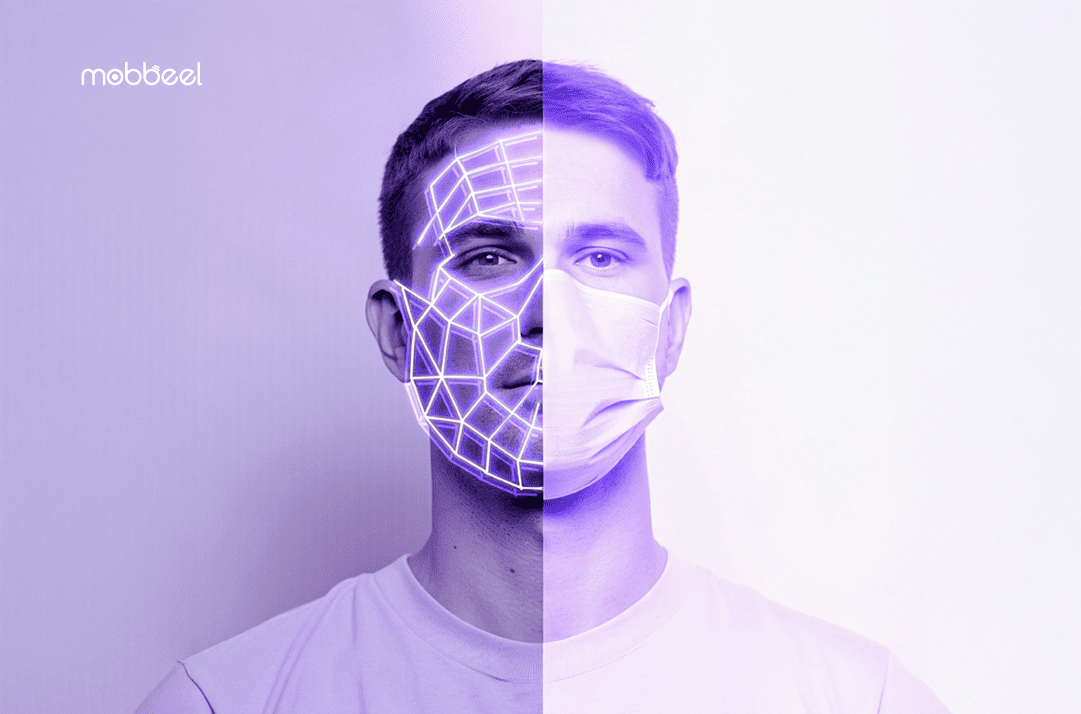On March 14, 2020, Spain declared a state of alarm because of the global COVID-19 pandemic. The goal was to curb the spread of the virus throughout the national territory.
This situation puzzled many people. It was new and affected us in many ways: economically, emotionally and in health.
This decree changed the country’s healthcare management and led to a surge in tech adoption. Many sectors that viewed technology as unimportant had to digitise to survive.
But will these innovations last, or will we return to old ways?
Boosting digitalisation
Before the pandemic, it felt unthinkable to open a bank account from your living room. But now, you could do it easily with just your mobile device.
The state of alarm pushed many companies to digitise their in-person processes. This change led to a quick leap in technology.
It catalysed new business models that had never existed before.
This big push made fast and secure post covid identity verification the key to 100% reliable onboarding for many businesses.
Biometrics became the key to reliable authentication. It identifies people quickly, often in seconds. Plus, it eliminates the need for passwords.
One of the main advantages of today’s world is that work is no longer static. In this constantly changing reality, Mobbeel has known how to adapt to the needs of each moment.
A new client wants to use Mobbeel’s solutions for user verification. Let’s look at their needs. The journey that the customers will be able to follow is:
Finish the onboarding process by following KYC/AML rules. This means capturing and scanning identity documents from different sources. This helps ensure quick identification and reduces the chance of fraud.
Next, the user can sign contracts online anytime and anywhere. This signature has full legal validity.
They can log in again, using facial or voice biometrics.
This biometric information is safe thanks to advanced encryption. Homomorphic encryption processes data securely. It keeps information private and prevents unauthorised use.
In a world where remote access is common, a system that checks users by unique traits provides better protection. It helps prevent fraud and unauthorised access.
Key technologies in the current context.
Currently, building trust in onboarding is essential. The data we handle is sensitive, so we must ensure security for our clients.
Today, we easily use biometric access in finance and public services. But just ten years ago, it was hard to imagine entering a country using a biometric ID. Our facial-recognition system in kiosks and e-gates at European airports made this possible. Also, buying insurance with an electronic signature in seconds seemed impossible back then.
Mordor Intelligence reports that the voice recognition market is valued at USD 14.95 billion in 2024. Analysts project it will grow to USD 42.08 billion by 2029. This shows a compound annual growth rate of 22.98% from 2024 to 2029. Mobbeel helped Santalucía, the first insurer in Spain, use voice biometrics in its call center. Here, “your voice is your password”.
The Fortune Business Insights report shows that the European digital signatures market will grow from USD 2.43 billion in 2024 to USD 42.08 billion by 2032. This shows a compound annual growth rate of 42.8% during this time.
Post covid Identity Verification
The pandemic brought lasting digital changes. These changes improved usability and made shopping more enjoyable. Multi-device interfaces let users log in and identify themselves easily from any channel. This includes computers, tablets, and mobiles.
As a cybersecurity company, we must keep onboarding simple while following security standards. Making access and post covid identity verification easier cuts down on mistakes and risks. It also builds user trust.
Finding a balance between ease of use and strong protection is vital. It helps us tackle today’s digital challenges. This way, every interaction becomes a safe experience.
The digital consumer profile has changed since the pandemic. It now shows traits of a hyperconnected world.
Mobbeel provides an omnichannel experience. Users can access their favourite platforms from any device. In a world with deepfakes, security is key. The focus is on protecting transactions to reduce fraud as much as possible.
After the pandemic, Mobbeel’s success stands out. Their biometrics made the first remote presidential elections in El Salvador possible. We made it possible for users outside the country to vote online during the polls. This success story shows that we fit the consumer profile outlined above.
Digital registrations with biometrics fit this new reality. More people prefer online options now.

Brief evaluation of the moment.
Users now feel a sense of “psychological comfort“, which is making traditional passwords less relevant. Our password has transitioned from “what we know” to “who we are”.
More users have higher tech demands. They want online services that are fast, easy, and secure. Digital identity can’t be built on weak elements anymore. It must rely on factors that ensure certainty, immediacy, and real protection.
Organisations need to adapt to this new approach. User trust is built not just from a quality product but also from protecting their identity and data. Every interaction should use top technology and strong ethics to keep users safe.
It can be said that we are moving from a system focused on managing credentials to one that constantly verifies real identities.
Contact us if you want to implement a post COVID identity verification solution that is adapted to the new vision of today’s consumer.

I am a curious mind with knowledge of laws, marketing, and business. A words alchemist, deeply in love with neuromarketing and copywriting, who helps Mobbeel to keep growing.




